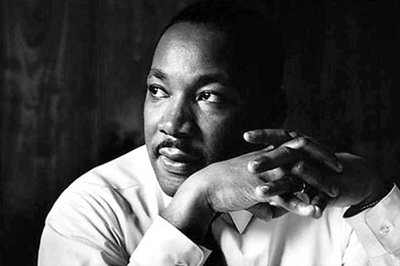Overview
Participants will watch the video on wrongful convictions and learn about the challenges those who are wrongfully convicted face after being released from prison. They will engage in a class discussion on these challenges and what role the government should play in helping these individuals reintegrate into society. Participants will then conduct research into state compensation laws to find out how their own state helps (or doesn’t help) those who have been proven innocent after a conviction.
Objectives
Participants will address the following essential questions:
- How do state and local governments support those released from prison to help them re-enter society?
- How does help and compensation vary from state to state for those who were wrongfully convicted of crimes, and who is pushing for greater support?
- How does the state adopt new policies as part of criminal justice reform?
Subjects
social studies, U.S. government, civicsGrade Levels
Grades 9-12Supplemental Links
Standards
-
Common Core
- CCSS.ELA-LITERACY.RH.11-12.9: Integrate information from diverse sources, both primary and secondary, into a coherent understanding of an idea or event, noting discrepancies among sources.
- CCSS.ELA-LITERACY.RH.11-12.1: Cite specific textual evidence to support analysis of primary and secondary sources, connecting insights gained from specific details to an understanding of the text as a whole.
-
C3 Standards
D2.His.3.9-12. Use questions generated about individuals and groups to assess how the significance of their actions changes over time and is shaped by the historical context.
This lesson is part of the Searching for Justice series. For a google doc version of the lesson, click here.
INTRODUCTION
People face many challenges after incarceration — from getting health care to reconnecting with family. But even for those who have been wrongfully convicted and then freed — those same challenges exist. Learn why life is difficult for many who have been wrongfully imprisoned even after their release, and discuss how support and compensation is driven by state and local policy that varies greatly from state to state.
WARM-UP ACTIVITY
Have participants watch this video and answer the discussion questions. After individual participants have had the chance to record their thoughts, open up group discussion around questions 7 and 8.
- Briefly summarize Ricky Kidd’s story.
- How has Kidd spent his time since being released from prison?
- How does Kidd describe his experience as being dehumanizing?
- How has Joe Amrine struggled since being released?
- How does support and compensation compare across the country?
- How have Amrine’s and Kidd’s experiences differed?
- What responsibility do you think the government has in compensation for those who are falsely accused of crimes?
- What challenges do you think those who are wrongly convicted face after being released? What do you think can be done about this?
MAIN ACTIVITY
Following discussion of video, participants will conduct a two part research project to compare these two examples to one of their own findings. They will also research compensation laws regarding exoneration in their own states. They will then present their findings to the class. Participants should find an example of another recently exonerated individual, using the guiding questions below to guide their research. They will present their findings to the class.
Step One: Research a single wrongful conviction case and provide background
Use this list of exonerees from the Innocence Project to research cases of wrongful convictions in your state (note that you can filter by state). Choose one to profile.
- Provide background detail on the case and the individual.
- What has been the experience of the individual since being released?
- What types of compensation, if any, has been provided to the individual?
- What challenges or struggles have they faced since being released, if mentioned?
- How does this example compare to the examples we viewed in the video? How are they similar? How are they different?
Research compensation statues in your state
You can start by following this link to information compiled by the the Innocence Project and shared by the National Registry of Exonerations. To help guide your research, answer the following questions:
- What if any compensation laws or statutes exist in your state?
- Describe the law or statute.
- How does it compare to one other state of your choosing?
- How does it compare to the national average (federal exonerations?
- Do you think the law or statute needs to be changed? Explain.
EXTENSION ACTIVITY
Have students propose possible legislative actions that could be taken to address wrongful convictions or the challenges those who are wrongfully convicted face upon their release.
Ricky House is a U.S. history educator at an independent school in Washington, D.C. He is a graduate of the University of Pittsburgh, where he served as an Urban Fellow and Master of Arts in Teaching candidate. He has over eight years of teaching experience in school systems in Arlington, Virginia, Anne Arundel County Maryland and Washington, D.C. He has appeared on the PBS NewsHour and has written several columns for NewsHour as well.





